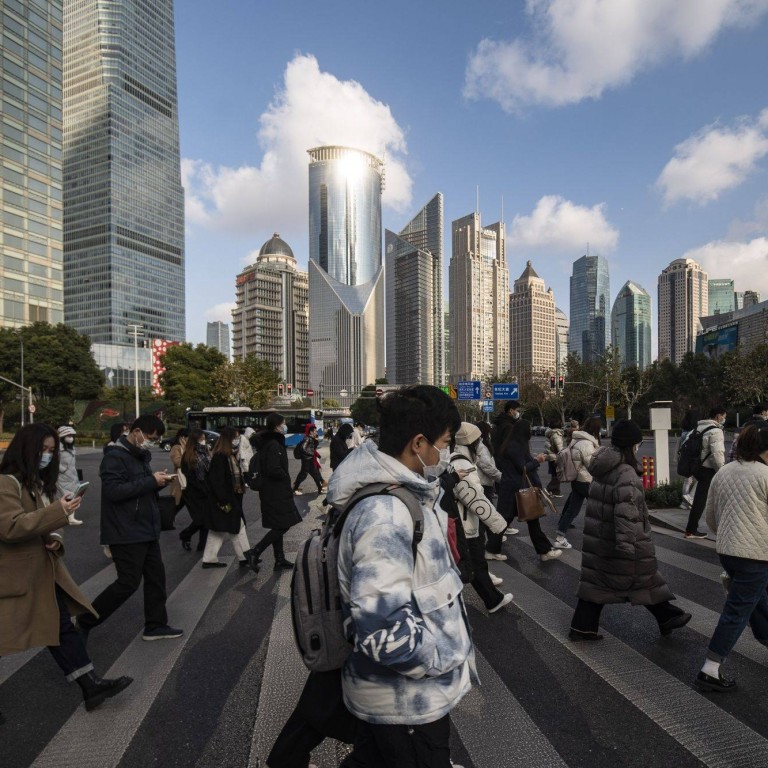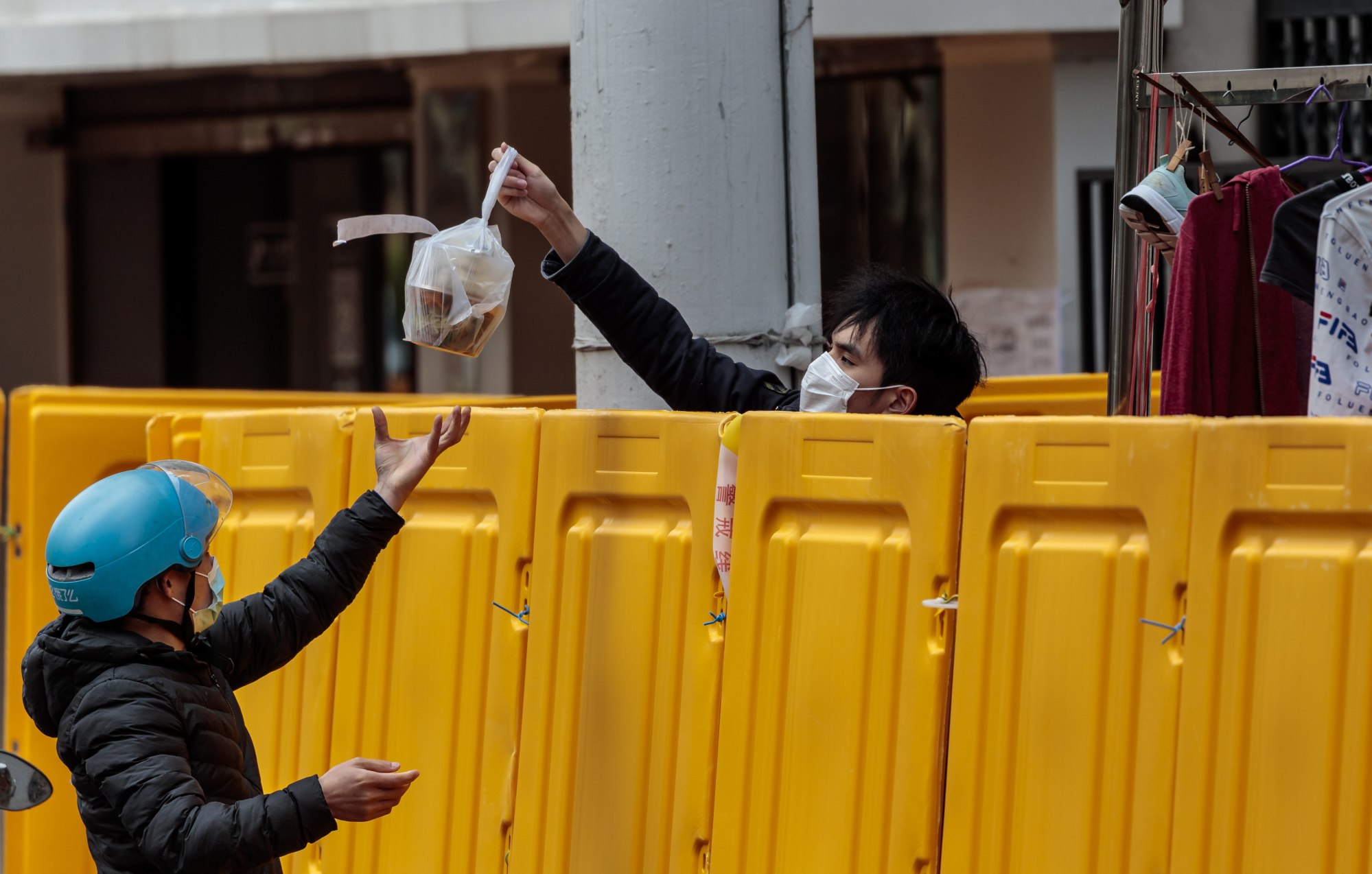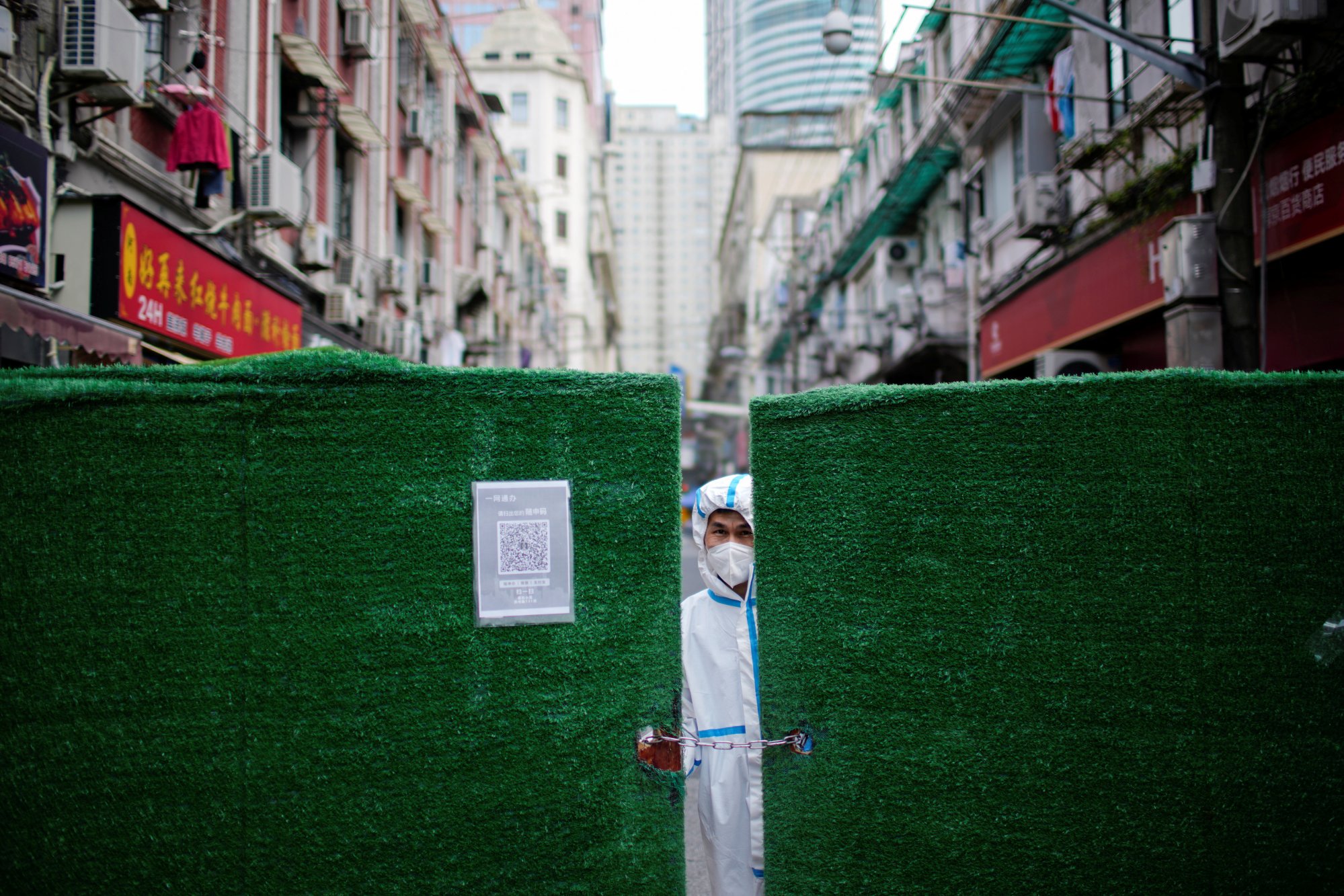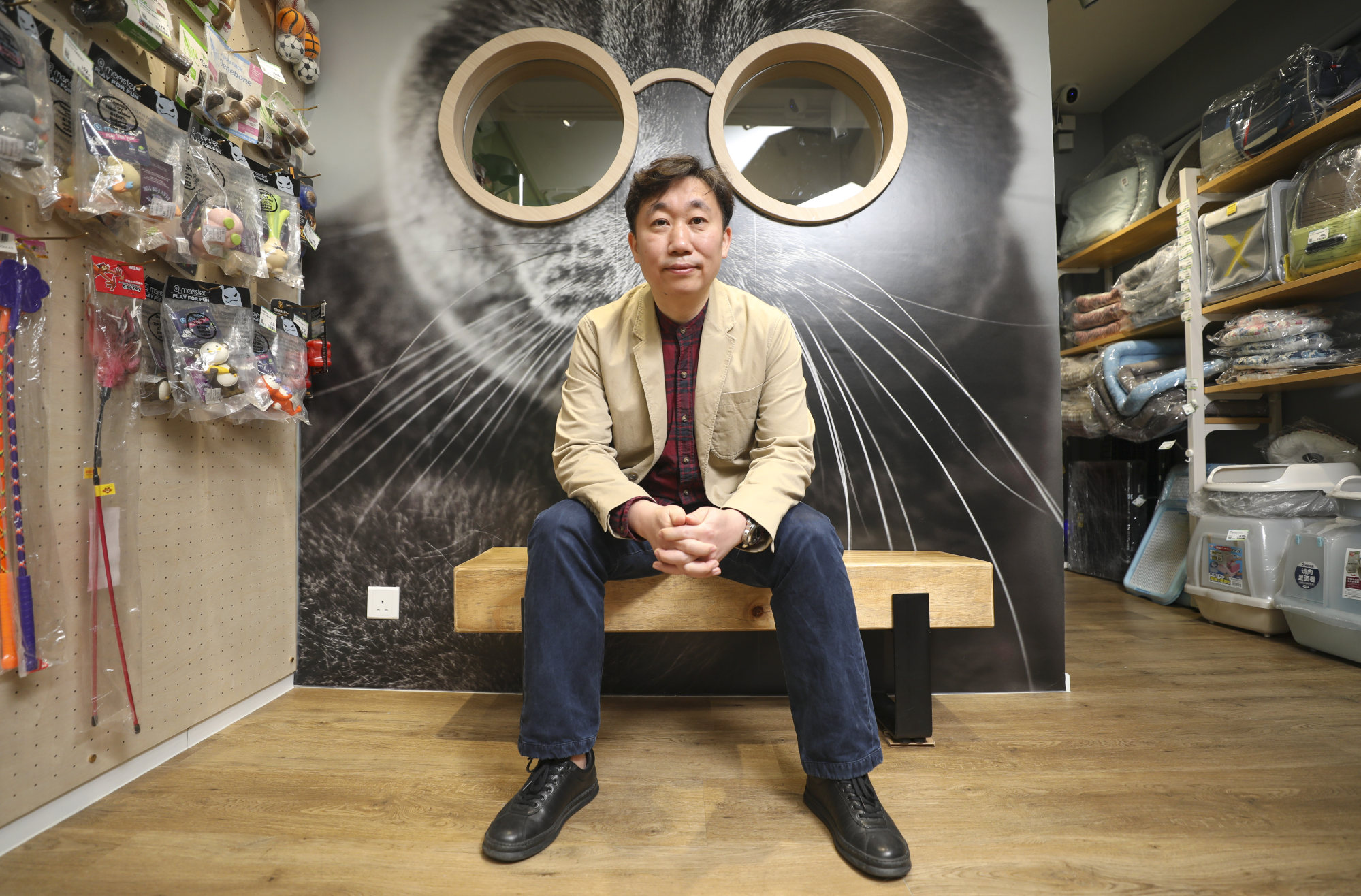
Tired of lockdowns, protests and policy changes, Hongkongers in Shanghai weigh options to stay or leave
- Jolted by recent events, some say they have lost confidence, but others see better times ahead
- Political commentator Lau Siu-kai says as mainland China opens up, Hongkongers will return to seize opportunities
David Ng* enjoyed living in Shanghai for 18 years until 2019, when he felt things change as the months of social unrest in Hong Kong dragged on.
Running his own public relations firm, he noticed that many Shanghainese shunned Hongkongers for fear of being dragged into the city’s political troubles.
“I started to feel uneasy living in Shanghai, which I thought was an inclusive society with a high degree of freedom,” recalled the 52-year-old.
He stayed, only to experience worse times when the Covid-19 pandemic hit in 2020.
Now he is among many Hongkongers and foreigners living in mainland China who have been left feeling disenchanted by three years of severe pandemic restrictions, repeated lockdowns, changing policies and a declining economy.

“During the three-month lockdown from April last year, I went through extreme anguish,” he recalled. “I was confined to my small neighbourhood without access to stores.
“Everybody was scrambling for food. We relied on our building representative to buy in bulk or got rations from the authorities.”
The food supplied by community officers was awful, but people in poor areas were worse off, he added.
Ng said the final straw came last November when civil disobedience broke out in major mainland cities as people were frustrated by the country’s zero-Covid policy and ongoing stringent coronavirus curbs.
Separation pain turns to reunion joy for Hong Kong, mainland cross-border families
The protests died down soon after Beijing made a major policy shift to relax its Covid-19 restrictions, reopening its borders on January 8 and abandoning its quarantine requirements.
Ng said he was taken aback by how the country had swung from one extreme to the other, and it shook his confidence enough that he decided to leave Shanghai in two years’ time.
“I’ve decided to make my exit plan now. Actually, many Hongkongers and foreigners have already quit Shanghai,” he said.
The latest available official figures show that the number of foreigners in Shanghai, including Hongkongers, decreased from 208,000 in 2010 to about 163,000 in 2020.
Professor Lau Siu-kai, of the Chinese Association of Hong Kong and Macau Studies, a semi-official think tank, said the departure of Hongkongers was only a short-term phenomenon.

“The stringent Covid-19 measures and lockdowns in the past have created a lot of economic and social instabilities,” he said. “But with the lifting of Covid-19 curbs and the country resuming normality, opportunities will arise and Hongkongers will come back again.”
Agreeing, Professor Ho Lok-sang, director of the Pan Sutong Shanghai-Hong Kong Economic Policy Research Institute at Lingnan University, said the mainland had started to rectify its policy mistakes.
“As long as it continues to open up, I have full confidence that people and enterprises will come back again,” he said.
Hongkonger Carmen Lee*, 53, said she did not mind the tough Covid-19 curbs, but the mainland’s sudden lifting of its coronavirus measures made her determined to return home for good after almost two decades in Shanghai.
“This only shows that the mainland’s political situation is unstable and constantly changing. I am worried that the authorities will tighten fiscal control on the outflow of capital and restrict the movement of residents,” she said.
She was an interior designer in Hong Kong when the city’s economy was hit hard by the severe acute respiratory syndrome (Sars) outbreak of 2003. She moved to Shanghai that year for better job opportunities.
In her job selling construction materials, she earned more than HK$50,000 (US$6,386) a month and made many good friends. Then, in 2019, Shanghai began taking away allowances, perks and tax concessions from foreigners, including Hongkongers.
“Shanghai has kept changing its favourable policies for foreigners while the mainland economy has been going downhill,” she said.
Lee added that she also missed the opportunity to buy a property in the city before prices skyrocketed beyond reach.
“It’s not a place of comfortable living for foreigners any more. The business environment has become very unstable,” she said.

One Hongkonger who remains undeterred is Kenny Lin Feng, 46, the owner of pet food distributor Bark N Purr in Hong Kong, which has a branch in Shanghai. He said he had no intention of pulling out despite suffering hefty losses through the pandemic.
Feng, who migrated from the mainland to Hong Kong more than 20 years ago, said he lost more than HK$3 million when Shanghai was in lockdown for one and a half months, and logistics disruptions affected his income too.
“During the lockdown, we didn’t have any income. It was the most difficult period for us,” said the businessman who had been used to making a profit of several million dollars a year.
“Last year was totally uncontrollable. It was the only year that we saw business decline because people were desperate and afraid of spending money.”
Why Wuhan residents began to question China’s Covid-19 strategy
Although frustrated by the mainland’s changing policies, Lin said he never considered calling it quits. Instead, he hoped to expand his business there in the long run.
“After all, my roots are in China, which is a very huge market with low operating costs,” he said. “I experienced a bit of despair, but with the nation opening up now, I’ve begun to have confidence that it will thrive again.”
*Names changed at interviewees’ request.


.jpg?itok=qK7RpETx)